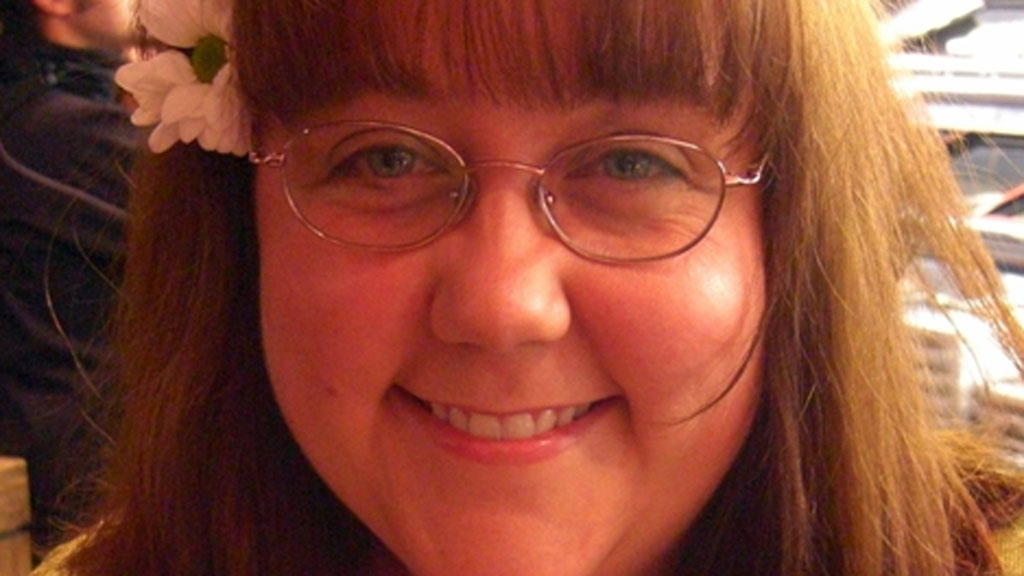I’m a real person – a wife and a mother. And I am bipolar
As campaigners condemn Asda’s “mental patient” fancy dress costume, Shea Wong, tells Channel 4 News what it’s like to live in a society that stigmatises mental health problems.

I’m a mother. I’m a wife. I’m an MBA student. And yes, I have a mental health issue.
Stigma affects me in various ways – the neighbour who calls an unruly estate dweller a “psycho”, while confiding in me because she doesn’t know I’m bipolar.
The occasional look from people when I’d push my pram through the doors of the mental health wing of my local hospital to have my appointment with my psychiatrist, as if to say “I hope that baby will be alright”.
‘Violent crazy people’
You could probably name five films off the top of your head that feature violent “crazy” people, before you could name one film featuring a fully formed person who just happens to have a mental health issue.
And of course, each Halloween the costumes which ensure that for one night, you get to pretend you’re “nuts” without someone calling you out on your poor behaviour.
Read more: Asda mental patient fancy dress costume 'really damaging'
I understand business is business – for Halloween retailers, guys’ costumes are gory, and girls’ are sexy. That’s the way it is.
And I make the very clear distinction between dressing as a specific character from a specific film (for instance, Norman Bates from Psycho) and a general “crazy” costume.

A real person
But the fact is, if we peruse the racks at Asda, I bet we won’t find a cancer victim costume, or a paraplegic costume, or an epileptic costume, and for good reason – treating an illness as a caricature is reprehensible. Yet, no one bats an eye when we do it to the mentally ill.
I’m not a vampire, or a zombie, or any other fictional character. I’m a real person. We are real people. One in four of us in the UK are real.
We’re not a cartoon character to be dressed up as, and we certainly aren’t a violent metaphor.
So, no, it’s not the PC patrol coming to take your fun, because if your idea of fun is mocking an illness I would do anything to not have, you and I greatly differ on our idea of ‘fun’.
I get that it’s tough to make this transition as a community, where things that were previously okay are now off limits.
It seems like every day some new group would like an accommodation of some sort, and some times that can be irksome.
But I don’t think it’s out of the realm of possibility for us, as a society, to look at an illness and see not an opportunity to have fun at their expense, but to simply see them as they are.
For more information and to find out how you can tackle mental health stigma, please visit www.time-to-change.org.uk